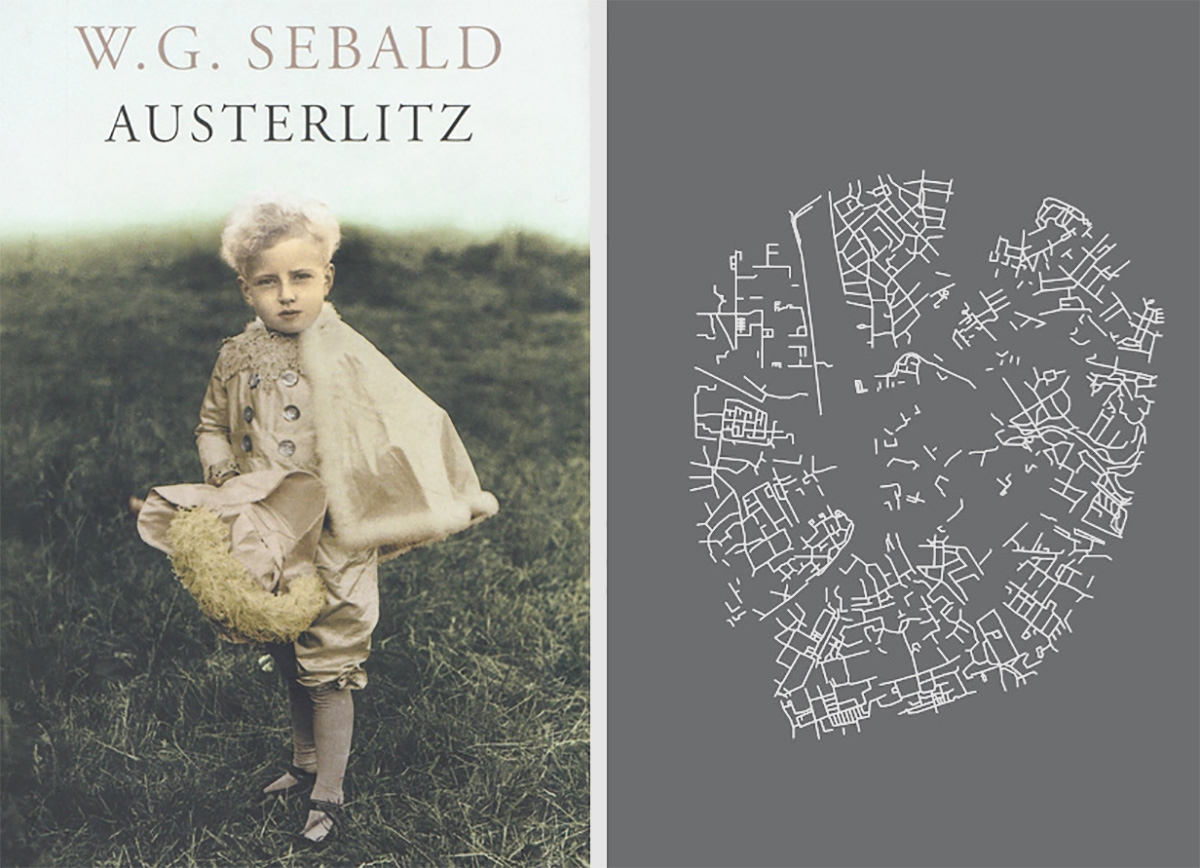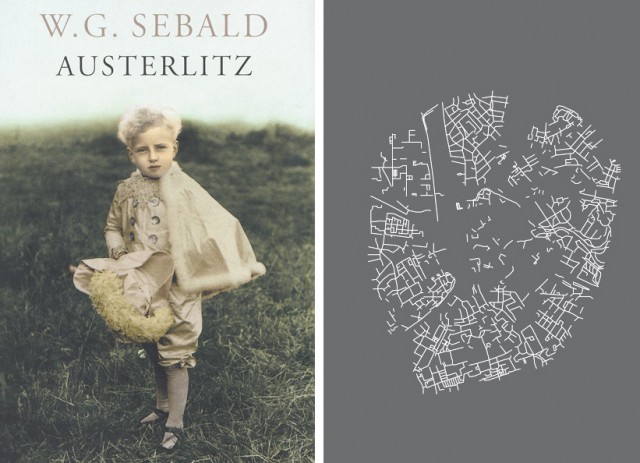Locating and Revisiting Experience

Ben Barker
21st February 2013
Recently we’ve talked a lot about how memory and place relate, in part following on from our thoughts on Memory, identity and the network. The discussion also formed a starting point for our Playable City submission. We have been exploring ways to let people create a new history of the city, to record and share the stories they have lived and are living.
One inspiration was Austerlitz, Seabald’s excellent novel where the titular protagonist unravels his forgotten past through travel, searching for his identity by crossing the globe as if it was his brain, examining the cities of crumbling synapse. It paints an idea of our environment, the city, as a Wiki about how we got to be the way we are, where we can walk the streets and be reminded of the ingredients.
James Bridle draws the network as the 5th dimension, that of memory:
“The network is not a shared consciousness, but it is a shared memory (and a shared experience if it makes sense to say that our experiences are just memories)… It is a recording device. It is a recording angel, but a curiously passive one. “
This passivity is important, more than ever there is an imperative to be agent in how we remember. What do we give and what do we get back? The network defies time too, at last years Serpentine Memory Marathon Douglas Copeland talked about how eras have been flattened in our networked age, platforms like spotify don’t care about when.
“Our lives have lost their narrative threads. The internet has bent us to it’s will quicker than any other technology….all eras co-exist at once.”
The collective memory has become as available as our own, the function of memory on identity is being separated and tested. We rely on the network to tell us what we are like. This Is My Jam Odyssey refers to a years personal listening as an epic journey of exploration, and it is. The network knows we want, perhaps need, to be reminded of what we’re like. Bookcases aren’t about storage, but a granular record of what we’re made of, and this is a continuation.
I’ve referenced Tom Armitage’s Ghostcar before and it goes someway to answering the question of how we geolocate and revist memories in a meaningful way. It’s built on FourSquare, the most notable locational service and a very digital tool in a physical, messy reality. The beauty of ghostcar is it closes the loop, asks you to actually be there. Tom Loois’ Blank Ways is an app that shows the places you haven’t been, what Matt Ward describes as the spaces of mental calm, the unused storage, it’s a poetic highlighting of how memory and location are interwoven.
The memory structures of a city are a journey of surprise, we don’t always know the recalled experiences that will jump from a bus stop or broken sign. At it’s simplest, the network requires us to know what we want to remember. Facebook reminds us of holidays and parties, twitter of our sharable thoughts (it’s well worth keeping a tweets I didn’t send.doc as a personal record). We don’t visit physical spaces to journey backwards so often, but if we did, could we equally describe a return to childhood haunts as an ‘epic journey of exploration’? On a recent trip to my Grandparents soon to be sold house, I was surprised by the number of memories awaiting me, one in a steep stair case, another in a half dug pond. The image of it all being bulldozed and lost forever suddenly seemed a much more personal violation, a loss of data. Our experiences are intricately linked with place, but we haven’t reconciled locations temporality with our new networked realities.
So it’s from that space, between the networked collation of experience, and the stronger sensory reactions evoked using location that we approached Hello Lamp Post. Documenting and sharing these spacial memories as they change, before they change. Tracing them onto the network. The infrastructure of the smart city provides the skeleton of a low tech network that we hope will allow us to explore that.
